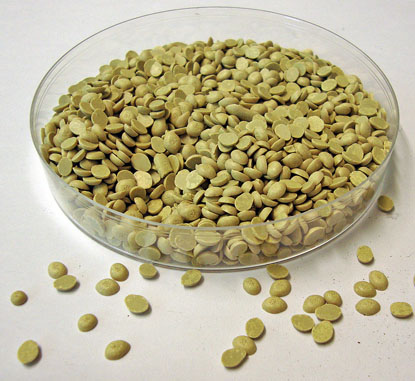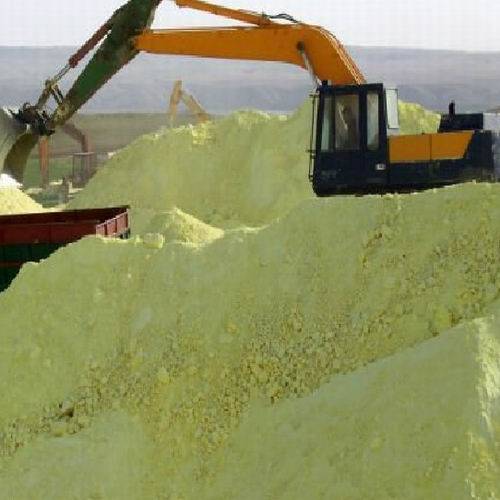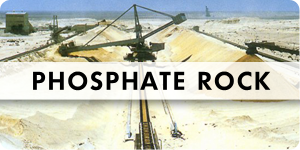Sulphate Sulphur v’s Elemental Sulphur
Sulphate Sulphur v's Elemental Sulphur If you apply fertiliser at the time of planting of spring-seeded crops, SO4 fertilisers usually give better results. This is especially true if conditions are such that So oxidation rates are depressed in cool temperatures or in excessive moisture. In starter or row fertilisers, SO4 forms of Sulphur generally give




